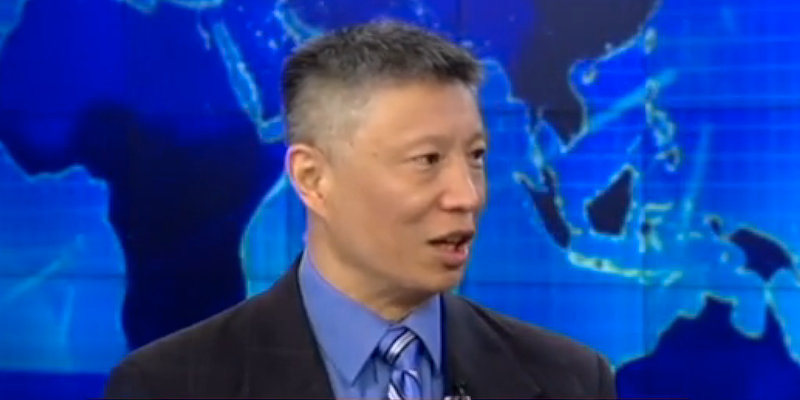A Chinese dissident named Han Lianchao, a former officer of Chinese Foreign Ministry writes an article titled as ‘The Dalai Lama is an Anti-separatist element’. In this article, Dr. Han Lianchao explains why the Dalai Lama is not a separatist as the Chinese claims. He explains that he himself was once one of those who believed in this Chinese propaganda and why he has changed his mind. The following is an excerpt of the article which is intended to prove his own findings of why the Dalai Lama has never been as separatist as the Chinese claims:
I was impressed by his great compassion for humanity, as well as by his firm stance against violence and separatism, his genuine desire to resolve Han-Tibetan enmity, and his sincere attitude toward compromise and negotiation with the central government(Beijing).
his Middle Way Approach (MWP), has abandoned demands for Tibetan independence, and is willing to seek real autonomy for Tibet under the Chinese Communists’ current legal framework and political system. [It (MWP)] is wholly based on the understanding on his part that the bloody and brutal way that humans kill each other does not comport with the doctrine and spirit of Tibetan Buddhism and goes against the trend of modern civilization’s development. It is an act that demonstrates his compassionate heart and his political wisdom and leadership.
Tibet will continue to remain part of the greater Chinese family in exchange for “genuine ethnic regional autonomy”. No matter which way you look at it, the Middle Way Approach is a policy that is opposed to separatism.
Whether it’s the “Five Point Peace Plan” or the “New Seven Point Agenda,” neither proposal seeks Tibetan independence and both have been put forward under the premise that Tibet shouldn’t split from China.
In fact, the Dalai Lama has never spoken of a “Greater Tibet.” He has simply proposed that all Tibetan regions be able to have genuine ethnic regional autonomy under the framework of the Ethnic Regional Autonomy Law of People’s Republic of China. … The Dalai Lama’s idea of a peaceful region is only a recommendation and not a demand that the PLA leave Tibet.
In fact, the writer also explains that the Tibet interest groups led by Zhu Weiqun are the real separatists. He wrote that they have devised myriad ways to demonize the Dalai Lama and insult him as a traitor. They have deceived the Central Chinese Communist Government of the Dalai Lama’s intentions to undermine the negotiations and block the return of His Holiness the Dalai Lama to Tibet! The author feels that such a blockade has led to development of a conviction in young Tibetans to fight for independence.
Middle Way Approach has softened a great deal over the years, no matter how it changes it still doesn’t seek independence and has remained consistent on the principle of not splitting from China.
While talking about the status of ‘higher degree of autonomy’, which the Chinese accuse of a strategy to overthrow the communist government, Lianchao explains that the same status has been long applied for Hong Kong! The author reports that a retired professor at City University, Hong Kong, Liu Hancheng has found from a thorough research that Tibet has been an independent country from ancient times.
In fact, the Dalai Lama has said many times before that it is impossible to deny history. But no matter what Tibet’s historical status might be, he argues that we ought to let the past be the past. We shouldn’t get bogged down in history and only look forward and focus on future development and the people’s wellbeing. This once again demonstrates the political vision of the Dalai Lama and his position in opposition to separatism.
In fact, if the Tibet question isn’t effectively resolved while the Dalai Lama is still alive, his passing is likely to lead to more intense and long-lasting Tibetan-Han conflicts and unnecessary bloodshed and hatred.
Dalai Lama publicly tried to convince Uyghur leader Rebiya Kadeer to give up calls for an independent East Turkestan, abandon violence, and follow the Middle Way Approach.
The author finally recommends to read Phuntsok Wangyal’s book, The Slow Road to Equality and Unity: Reflections on Ethnic Relations in Our Country, which he feels has the most accurate way to resolve the Tibetan question. Finally the author concludes by recommending the president Xi Jingping to seize the historic opportunity to directly meet His Holiness the Dalai Lama and resolve the Tibetan issue.







Leave a Reply